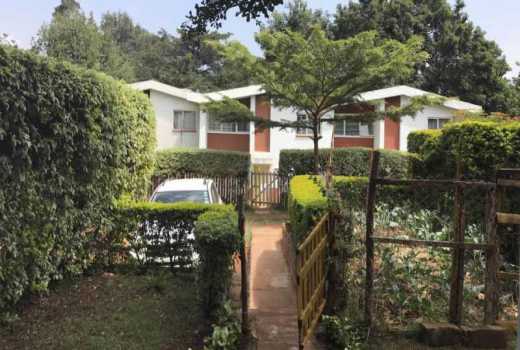×
The Standard e-Paper
Home To Bold Columnists

About three decades ago, I came to Nairobi as an innocent school boy, raw from the countryside. Like many other Kenyans, I never left after school; I became part of the mosaic of Kenyans that call Nairobi their home.
I must however, confess that my heart and accent never left the countryside. I miss wide open spaces, the hills and the valleys, the trees swaying in the wind, the cattle chewing the cud, the birds that sing in the morning and the endless smiles from my neighbours.







